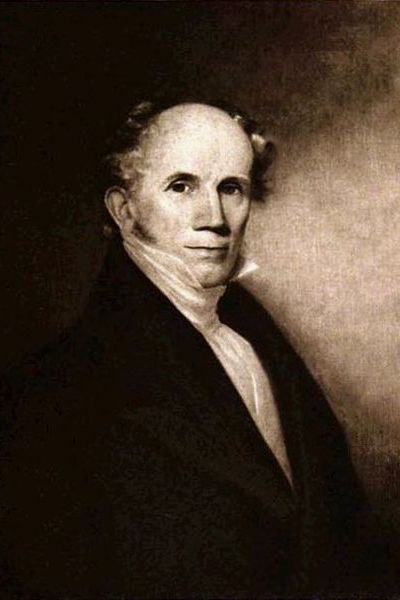
Condy Raguet argues that governments cannot create wealth by means of legislation and that individuals are better judges of the best way to use their capital and labor than governments (1835)
Found in: The Principles of Free Trade
The American free trader Condy Raguet began a series of articles in the Philadelphia paper Banner of the Constitution in 1829 in which he listed the basic principles of free trade and its benefits to consumers
Free Trade
That individuals are better judges of the most advantageous mode of employing their labour and capital, than governments— That wealth cannot be created by the mere enactment of laws— That commerce is an exchange of equivalents not merely beneficial to one of the parties which carries it on, but to both, by enabling each to exchange with the other, those products which it can furnish upon the most favourable terms— That commerce must be reciprocal, and consequently, that when one nation restricts its trade with another, and says, “I will not buy,” she declares in the same words, “I will not sell.” That as far as foreign nations refuse to take our productions, they ipso facto, and without requiring any laws on our part to enforce a retaliation, absolutely deprive us of the power to take their productions— That it is an error, to suppose that free trade is only advantageous when adopted by all nations, and that the interests of a country are to be promoted by counter restrictions.